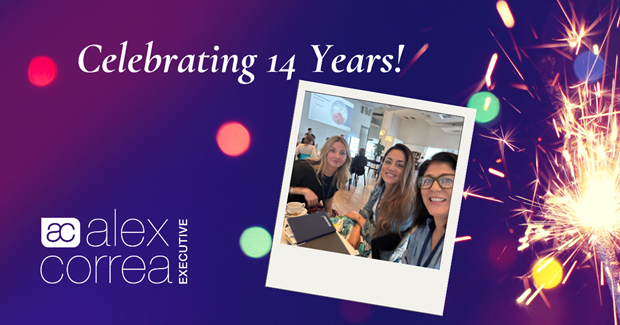
The Key Differences: Private Practice vs. In-House Counsel
1. Work Environment and Culture
The transition from private practice to an in-house counsel role involves a significant shift in both work environment and organisational culture. In private practice, your days are often filled with billable hours, focusing on one type of work for numerous clients. Law firms (speaking generally) tend to be hierarchical, structured, and supported by (much needed) extensive processes, procedures and technology.
An in-house role in a corporate organisation means handling a diverse range of legal matters for one client. You might find yourself dealing with everything from contracts and leases to industrial relations and HR issues. Resources can be more limited, and you may need to draft documents from scratch, relying on outsourcing either high volume or specialist tasks to law firms. Resourcefulness is very much a key skill in this setting.
Good questions to ask yourself when considering making the move from private practice to in-house counsel is “Am I a generalist? Do I prefer working for one client or many?” Your answers may provide insights into your future career path.
2. Career Progression
Career progression in private practice is typically well-defined: junior lawyer, associate, senior associate and eventually, for some special counsel or partner. In contrast, in-house roles may offer less structured pathways, with title progression along the lines of legal counsel, corporate counsel, senior legal counsel to general counsel. The progression can vary significantly based on the size of the team, staff retention levels and the size of the company.
In-house, the focus is more on the depth and quality of experience rather than a clear-cut progression path. You might find opportunities to build commercial skills, move across industries, or even transition into executive roles such as COO or CEO.
3. Motivations for Moving In-House
Many private practice lawyers consider moving in-house for various reasons, including the pursuit of a better work-life balance, escaping the demands of billable hours, and the desire to be more integrated within a business. In our experience, the reality of work-life balance in-house can be a myth, depending on the corporation and the lifecycle stage of the organisation.
4. Work-Life Balance: Myth or Reality?
While some in-house roles do offer better work-life balance, this isn't always the case. The balance depends on the corporate environment, the size of the legal team, and the organisation level of business activity. During high-demand periods, such as project development phases, longer hours might be necessary. In more stable, business-as-usual times, a better balance might be achievable. Expecting this as a given, could potentially lead to disappointment.
5. Valuable Skills from Private Practice
Many skills gained in private practice are highly valuable in an in-house role, including contract drafting, commercial litigation and managing disputes, client relationship management, communication, collaboration, strategic thinking, and problem-solving. If you are considering making the move in-house over the course of your career, consider focusing on developing these skills and your knowledge and experience in specialist areas that you can add to your toolkit.
6. Salary and Benefits Comparison
Salaries and benefits between private practice and in-house roles can vary widely. While private practice, especially at the partner level, often offers higher long-term earnings potential, some in-house positions provide competitive salaries and strong bonus structures based on performance, without the weight of billable hours.
Common Challenges in Transitioning to In-House
Transitioning to an in-house role comes with its own set of challenges. You may face a lack of administrative support and need to adjust to being a cost base rather than a fee earner. Building trust and relationships within the organisation is important. Some in-house lawyers are perceived to be blockers of progress until trust has been adequately built! Unlike private practice, where legal issues come to you, in-house lawyers need to be proactive, visible, and involved to pre-empt and manage problems effectively.
One in-house counsel we placed recently spent the first two weeks of their role introducing themselves to everyone and building her knowledge about what each team member did and what support they needed. They made it clear that they were there to help them and the business, rather than being “a handbrake to happiness”. It was an investment in not only building relationships but also avoiding future issues.
In-house lawyers must be versatile, handling a wide range of legal and business issues. Strong interpersonal skills and the ability to communicate complex legal matters in very simple or layman's terms are essential. An in-house counsel can expect to answer the same questions repeatedly and will play a significant role in training and educating colleagues and the business more broadly on relevant legal issues and how these impact on the commercial realities.
Our Advice for Private Practice Lawyers Considering In-House Roles
There are several ways you can make yourself more valuable to a corporate employer:
Network and Learn
Speak to other in-house counsels, clients, and reputable recruiters to understand the realities of in-house roles across different industries. Get a clear understanding of a day in the life of the role you are considering so that you understand the ins and outs, warts and all.
Self-Audit
Consider objectively whether you are a people person who enjoys interacting with various professionals or if you prefer a more solitary work environment. Also, think about whether you are comfortable with working with uncertainty in relation to what issue might pop up next, as this is the reality of working in-house. Also consider whether you fancy the less structured career path or a clearer linear progression.
Gain Experience
If possible, take on legal secondments at clients to gain insight into in-house life. Start building a network in industries that interest you.
Mentorship
Find a mentor who can guide you through the transition and help you understand what you need to succeed in-house.
Make an Informed Decision
Look at the industries that interest you and consider what skills and knowledge you need to have if that is the path you are on. Always start with the end role in mind. If you consider your long-term career goals and the type of work environment where you will thrive, then you can target the industries and organisations that will suit you.
As with any career move, if you carefully consider the pros and cons, and prepare effectively, you can make an informed decision about moving from private practice to an in-house role, setting yourself up for a successful and fulfilling career.
If you have decided in-house is for you - please reach out. The Queensland legal industry is booming and in-house counsel roles are very much in demand.
If you would like to discuss your career with one of our specialist legal industry recruiters, please get in touch. We are always here to help!
Related Articles











